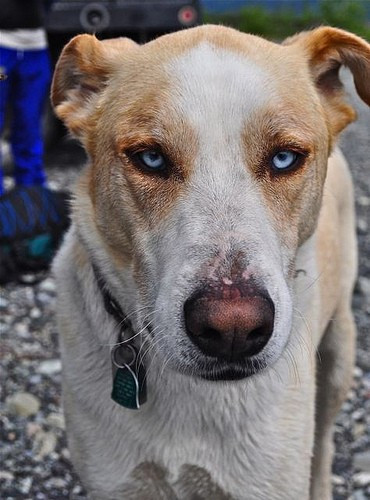Microchipping for Dogs Mandatory from April 2016

The government is making microchipping mandatory for all dogs by April 2016 in order to cut down the number of stray dogs.
The cost of microchipping is around £20-£30, and the government says that owners who refuse to abide by the changes to the Animal Welfare Act, that will be effective from 6 April 2016, will face a fine of up to £500.
The microchips, which will be implanted in the shoulder blades of the dog, are as small as a grain of rice with a code that contains the full contact details of its owners, reports the BBC.
The procedure does not involve anesthesia and it is said that it is not any more painful than a standard vaccination.
The chip, which is coated in a bio-compatible glass (the same material used in making human pacemakers) fuses with the dog's body tissues and does not move.
So far, more than four million dogs and cats in the UK have been microchipped and every week there are up to 8,000 new registrations.
According to the government, lost or stolen dogs cost the taxpayer and animal charities about £57m a year with statistics revealing that more than 100,000 dogs are dumped or lost each year.
With the introduction of microchipping, it will be easier to reunite dogs with their owners reducing the burden on animal charities.
According to a Dog Trust survey, microchipping accounts for more than 30 percent of pet-owner reunions.
At present there are some charities which offer microchipping service to owners for free.
The menace of dog attacks has been grave with 14 fatal cases since 2005, according to figures from the Department for Environment and Rural Affairs.
Postal workers are especially vulnerable to dog attacks. About 5,000 postal workers become victims every year and 70 per cent of the attacks take place on private property, in gardens, drives, paths and private roads, where the law currently does not apply. With the new rule, even if a dog attacks somebody on a private land, its owner could face prosecution.
© Copyright IBTimes 2025. All rights reserved.



















